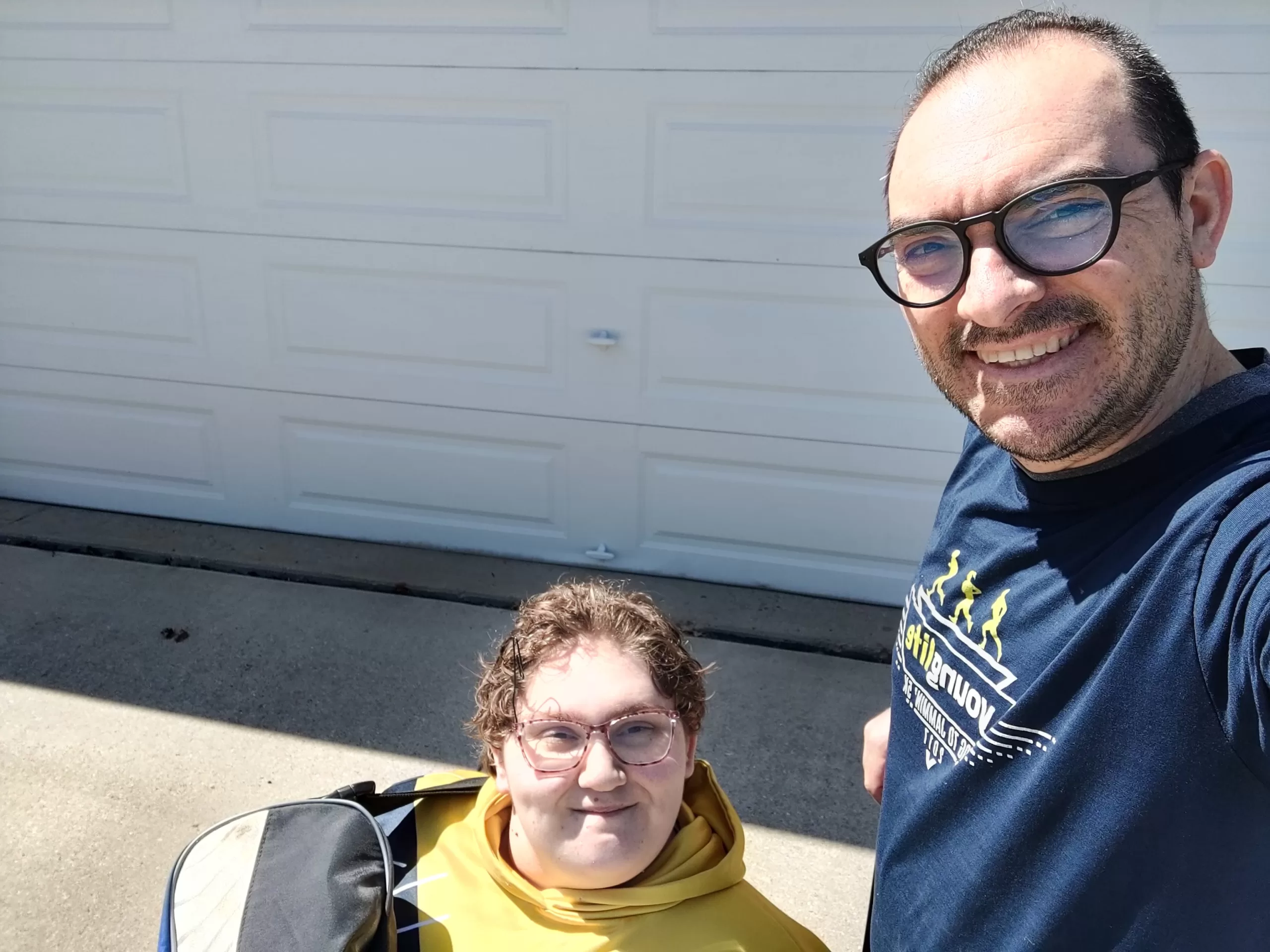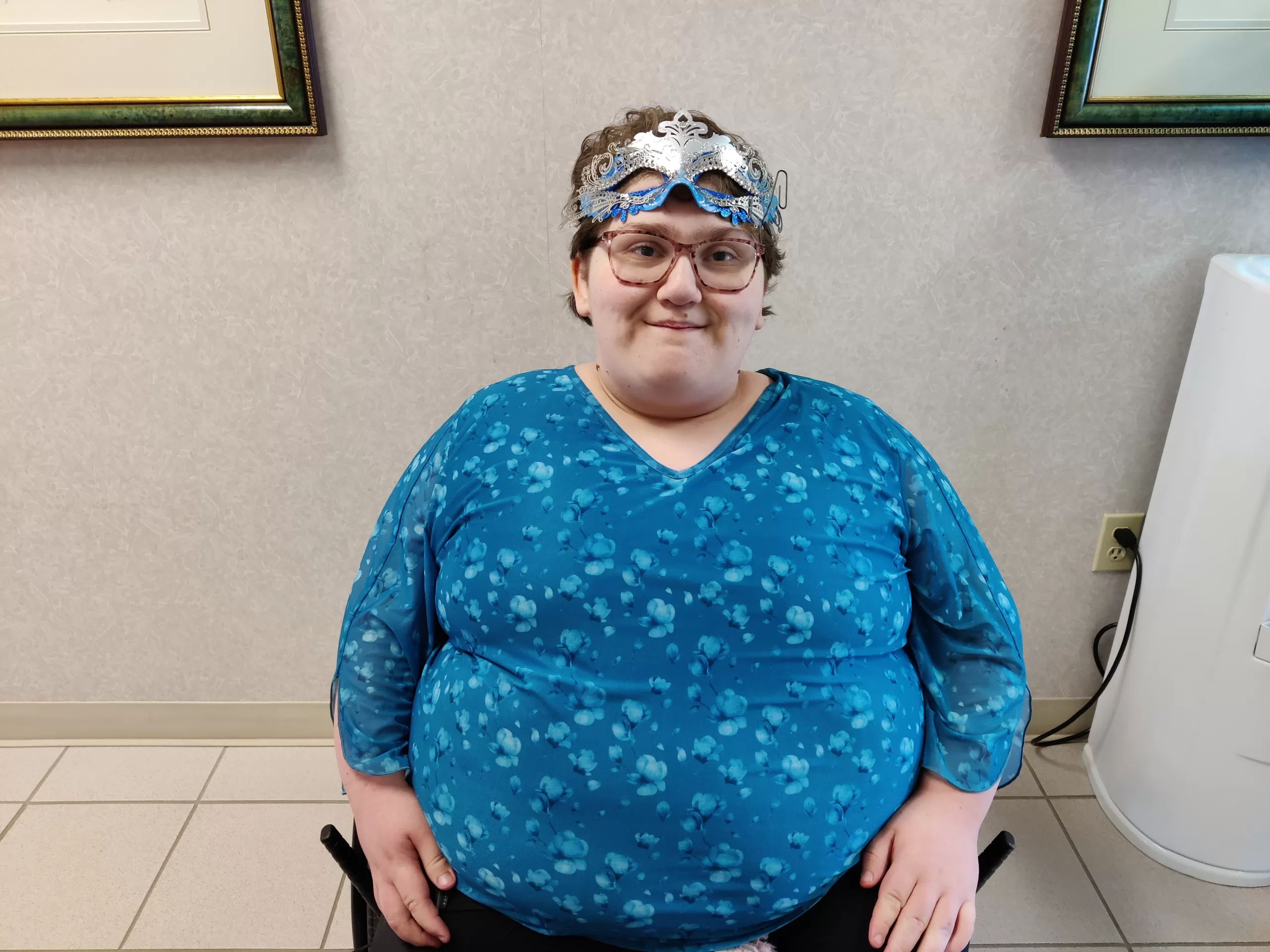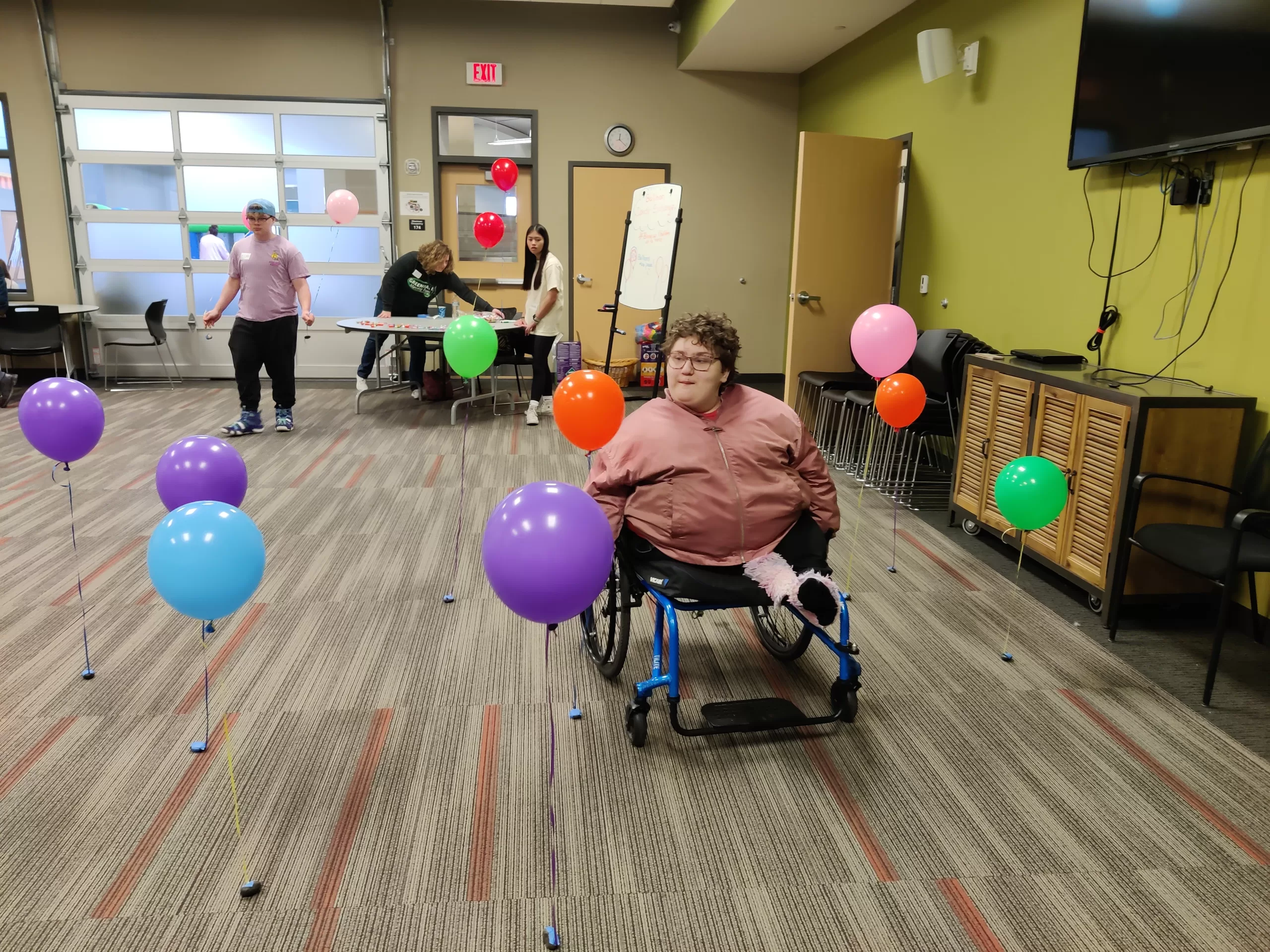One of the people I follow on Twitter posted yesterday posted (and I’m more or less paraphrasing, since I can’t find at the moment the original tweet), “a child without boundaries is a child with much stress.” I’d like to chime in here.
I know now, after talking with her, what was meant. The intent of the statement is that children need boundaries, they need structure. If you, that is, the adult in your child’s life, don’t set up specific boundaries, goals, and limitations, your child will be overwhelmed and probably won’t make any progress. I know this now, but when I first read the statement, I took it entirely differently (and wrong).
I’m not a childcare worker. I’m not a therapist. I have no education whatsoever in taking care of children, apart from what I’ve learned to take care of my daughter. (Although since then, I have taken it upon myself to learn all that I can – what parent wouldn’t?) But when I read that, I came to a completely different conclusion, one where boundaries causing stress made no sense.
I thought about all of Namine’s problems – caudal regression, the Pierre Robin – and all the boundaries they inflicted on her. She’s way behind on locomotion because, well, her legs are a fourth the size of a normal child’s. She scoots, yes, but even that took a long time to get to. Her eating and speech were both severely delayed due to her jaw and cleft palate. Fortunately, Namine is a fast learner and took to ASL, but she is only fairly recently beginning to really talk.
By “boundaries,” I took to mean all of the things that have held Namine back, and are now being knocked down, one by one.
Eating, of course, took quite a while to get to. Namine was able to eat somewhat before her jaw and cleft palate surgeries, but she had difficulty. Like, throwing up difficulty. And she still had to have g-tube feeds to make up for what she couldn’t eat by herself. But once her jaw and palate surgeries were done, man, look out. We like to joke that when Namine really started to eat all on her own, she was making up for lost time. Maybe this isn’t too far from the truth; now, she doesn’t need those g-tube feeds anymore, and GI is willing to remove the g-tube soon.
How could we leave out Namine’s trach and decannulation? This was the biggest hurdle, in my opinion. The jaw and cleft palate surgeries were not expressly for the purpose of eating; primarily, they were to make her airway as normal as possible, so she could breathe on her own, without the assistance of the trach. The latest sleep study finally confirmed what we all hoped: her airway was good, and she could be decannulated. Now, without all that equipment (not to mention the noise) in the apartment, we can almost forget about ever having the trach. Hey. I said almost. But it was the first two years of her life, and how could we forget that? Not to mention the fact that there’s still a scar where her trach used to be. But even it is fading now.
And then there’s Namine’s movement. Getting around, even with the pain and weight of the casts, is now not a problem for Namine. And when she eventually gets her leg braces, we can see if she’ll be able to walk. (Please, please, please note the “we will see” aspect. Too many people seem to think that once Namine’s feet are fixed, she’ll magically be able to walk. This is not necessarily true!)
So you see, coming from a special needs parent, the whole “boundaries” concept kind of got flipped around. I know I’m coming at it kind of backwards, but part of what makes us great is fresh perspective, right? I understand that children need boundaries. But on the reverse, part of growing up is encountering natural boundaries and overcoming them.
Now maybe I better work on setting some boundaries for those popsicles she loves so much.



Leave a Reply to Cr Eiche Cancel reply